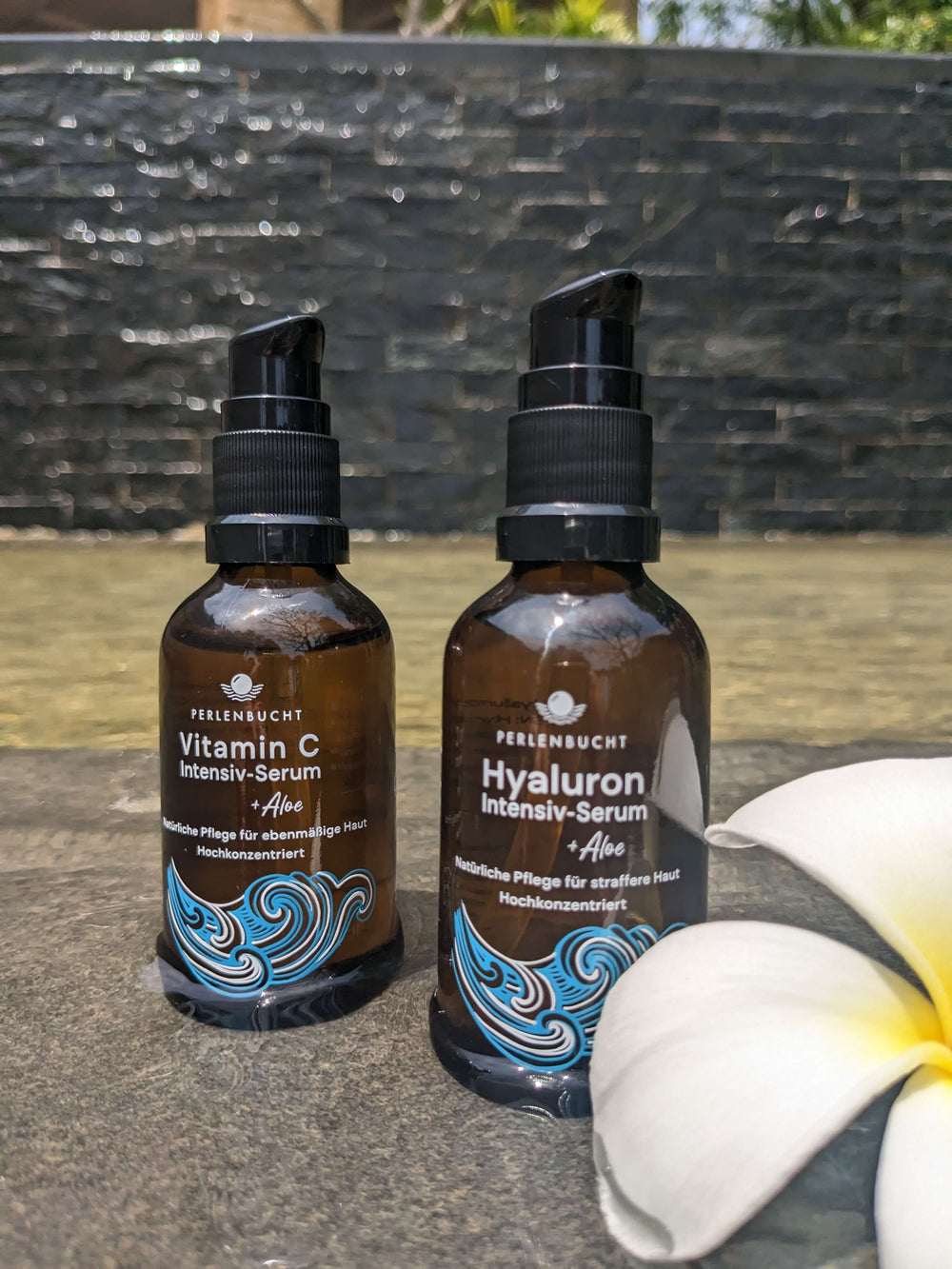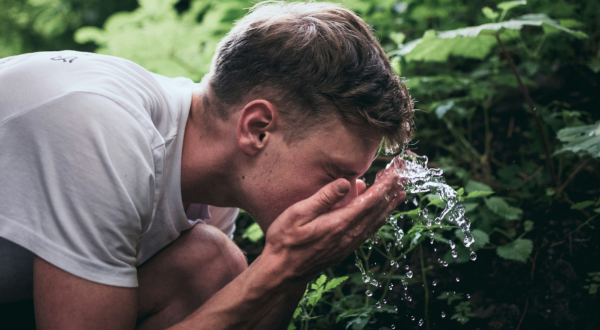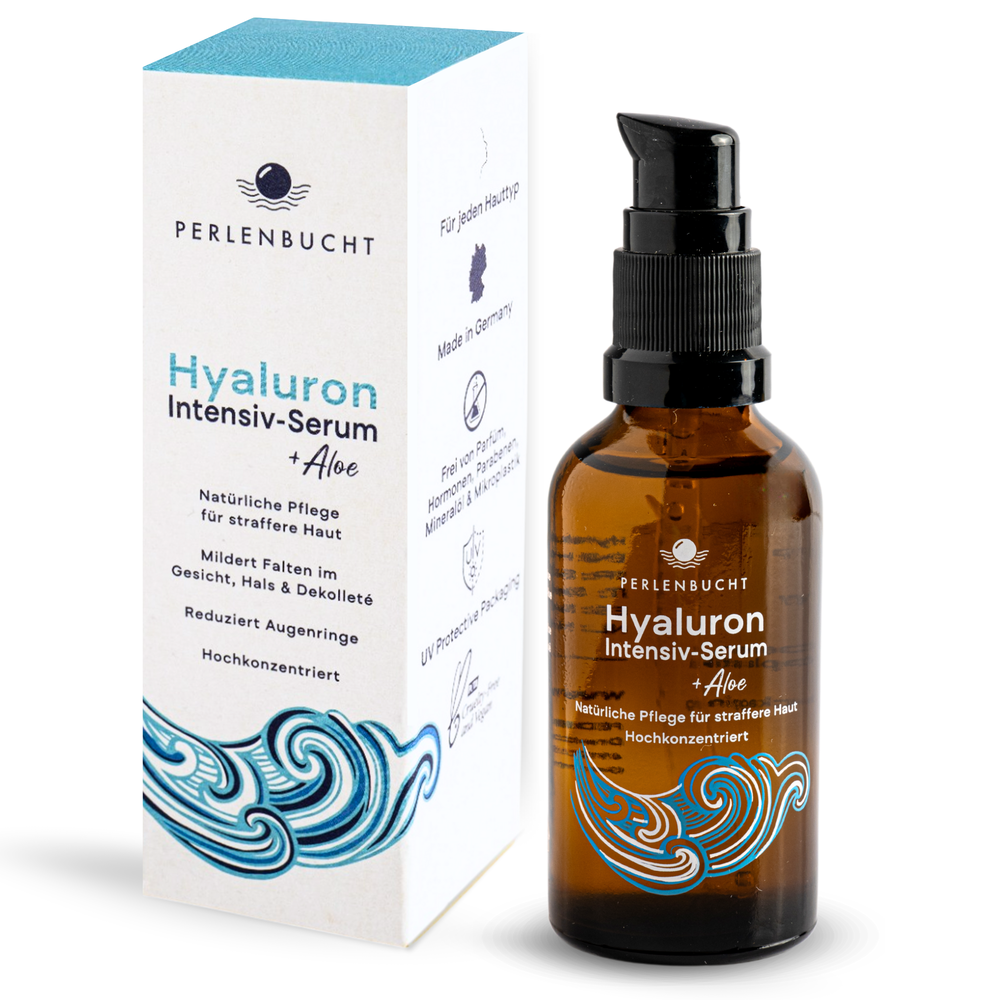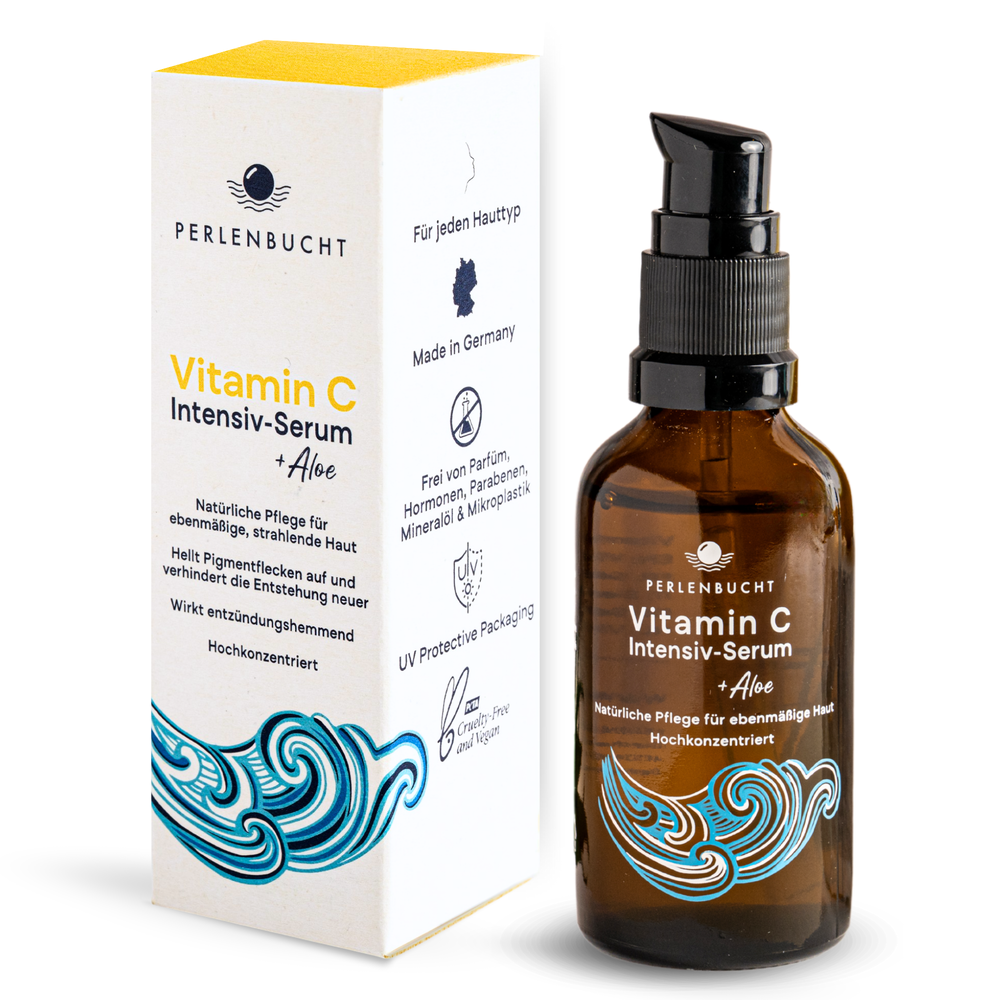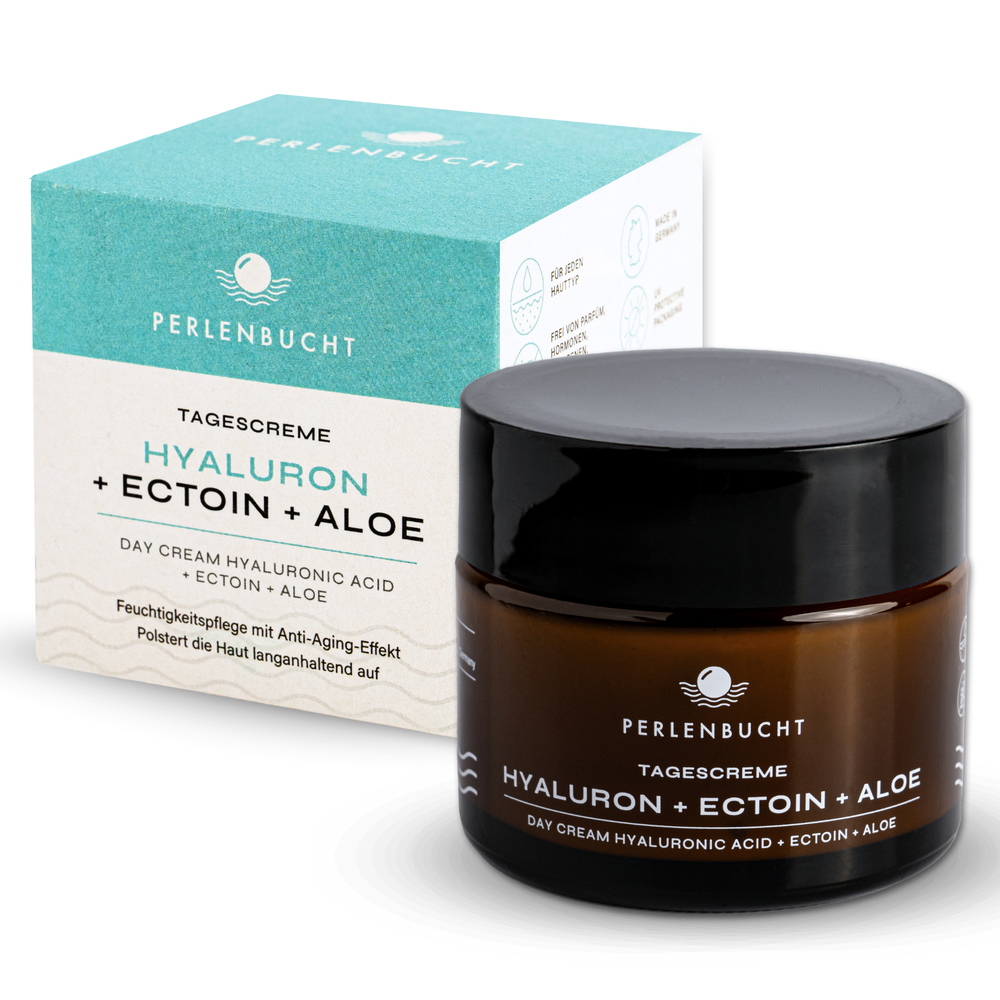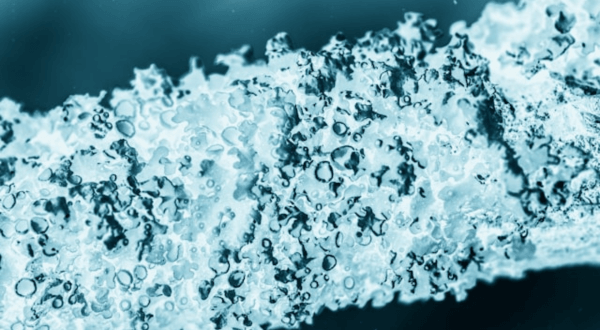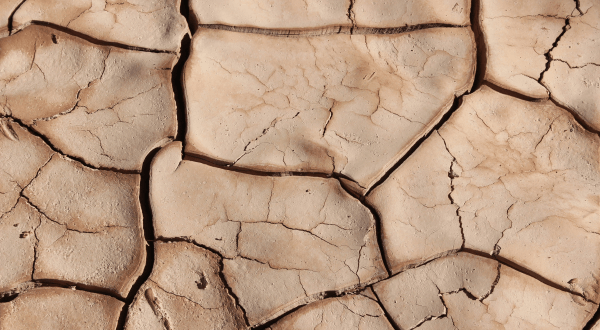Well-hydrated skin is not only key to a radiant, youthful appearance, but it's also crucial for overall skin health. Dry skin can be uncomfortable, cause itchiness, and even accelerate the signs of aging. But how can you make sure your skin is always well-hydrated - and do it naturally? In this guide, you'll learn everything you need to know about skin care, preventing moisture loss, and natural ingredients to keep your skin optimally hydrated.
1. Why is skin hydration so important?
Your skin is the largest organ in your body and acts as a barrier against external influences such as UV rays, pollution and bacteria. In order for it to fulfil this protective function, it must be well hydrated. If your skin is not sufficiently hydrated, it can become cracked, rough and sensitive. This can lead to skin irritation and inflammation. In the long term, lack of moisture also causes the skin to lose its elasticity, which promotes the appearance of wrinkles.
The top layer of skin, the stratum corneum, plays a crucial role in moisture regulation. This layer is made up of dead skin cells and natural oils that act as a protective shield and prevent too much water from evaporating from the skin. If this layer is damaged, moisture evaporates more quickly and the skin becomes dry and vulnerable.

2. Causes of dry skin
There are many factors that can cause the skin to lose moisture and become dry. The most common causes include:
• Environmental conditions : Cold weather, dry air and heated air in winter dehydrate the skin. In summer, constant exposure to the sun can also dry out the skin.
• Hot showers : Although it's tempting to shower in hot water, this can strip the skin's natural oils and leave it dry and sensitive.
• Wrong skin care products : Some skin care products contain harsh chemicals or alcohol that can dry out the skin.
• Unhealthy diet : A diet low in healthy fats and fluids can negatively affect skin hydration.
3. How do you keep your skin naturally hydrated?
Now that you know why hydration is so important, let's talk about how to keep your skin hydrated naturally. There are many simple methods you can incorporate into your daily skincare routine to ensure your skin is always properly hydrated.
a. Drink enough water
Hydration starts from within. If you don't drink enough water, your skin won't be able to stay optimally hydrated. Aim to drink at least 1.5 to 2 liters of water a day, more during physical activity or on hot days. Eating water-rich foods like cucumbers, watermelons and oranges will also help improve your skin's hydration levels.
b. Use natural moisturizers
Natural moisturizers contain ingredients that help your skin retain water without loading it with chemicals. The best natural ingredients include:
• Aloe Vera : Aloe Vera is known for its soothing and moisturizing properties. It helps the skin retain moisture and soothes irritated areas.
• Shea Butter : This rich butter is especially good for dry and cracked skin. It is full of vitamins and fatty acids that nourish and protect the skin.
• Jojoba oil : Jojoba oil is similar to your skin's natural sebum, which is why it is easily absorbed by the skin. It helps regulate moisture levels without clogging pores.
• Hyaluronic Acid : Although it sounds like a chemical compound, hyaluronic acid occurs naturally in the body and helps lock moisture into the skin. It can hold 1,000 times its own weight in water, leaving skin plump and hydrated.
c. Avoid aggressive cleaning products
Many conventional cleansing products contain harsh surfactants and alcohol, which strip the skin of its natural oils and make it dry. Instead, use mild, natural cleansers that cleanse the skin without drying it out. Products with ingredients such as honey or chamomile are particularly gentle on the skin.
d. Eat skin-friendly foods
A balanced diet plays a big role in the health of your skin. Foods rich in omega-3 fatty acids (such as salmon, flaxseeds and walnuts) help nourish the skin from within. These fatty acids have anti-inflammatory properties and support the skin's moisture barrier. Additionally, your diet should be rich in antioxidants found in fruits and vegetables to protect the skin from free radical damage.
e. Protect your skin from environmental influences
Sun exposure can dry out the skin and cause long-term damage. Therefore, use a natural sunscreen every day, even in winter. Mineral sunscreens with ingredients such as zinc oxide or titanium oxide protect the skin without using chemical filters. In winter, it is important to protect the skin from dry heating air. A humidifier in your bedroom can help increase the humidity and prevent the skin from drying out.
f. Avoid hot showers
Hot water may be relaxing, but it can wash away the skin's natural oils that help lock in moisture. Try to take lukewarm showers and limit shower time to 10 minutes maximum. After showering, it's important to moisturize skin immediately to minimize moisture loss.
g. Don't forget to peel
Regular exfoliation removes dead skin cells that can clog pores and prevent moisturizers from being absorbed. Gently exfoliating once or twice a week will help make skin more receptive to moisture. Make sure to use a natural exfoliator that won't irritate the skin - for example, one based on sugar or oatmeal.
4. Natural ingredients that help your skin retain moisture
Choosing the right ingredients is crucial when it comes to keeping your skin naturally hydrated. Here are some of the best natural moisturizers:
• Glycerin : A natural moisturizer that draws water from the air into the skin, helping to increase moisture levels.
• Coconut Oil : A versatile oil that not only moisturizes the skin but also has antibacterial and anti-inflammatory properties.
• Avocado oil : Rich in vitamin E and healthy fats, avocado oil is particularly suitable for dry skin types.
• Honey : A natural moisturizer that soothes the skin and locks in moisture.
5. Conclusion: The right care for hydrated skin
Hydration is key to healthy, glowing skin. By switching your skincare routine to natural ingredients and incorporating healthy habits like drinking plenty of water, gently cleansing and protecting yourself from environmental elements into your daily routine, you can ensure your skin is always well hydrated. Remember, moisture comes from within and without - with the right combination of diet, skincare and lifestyle, you will have visibly healthier skin that glows from within.


